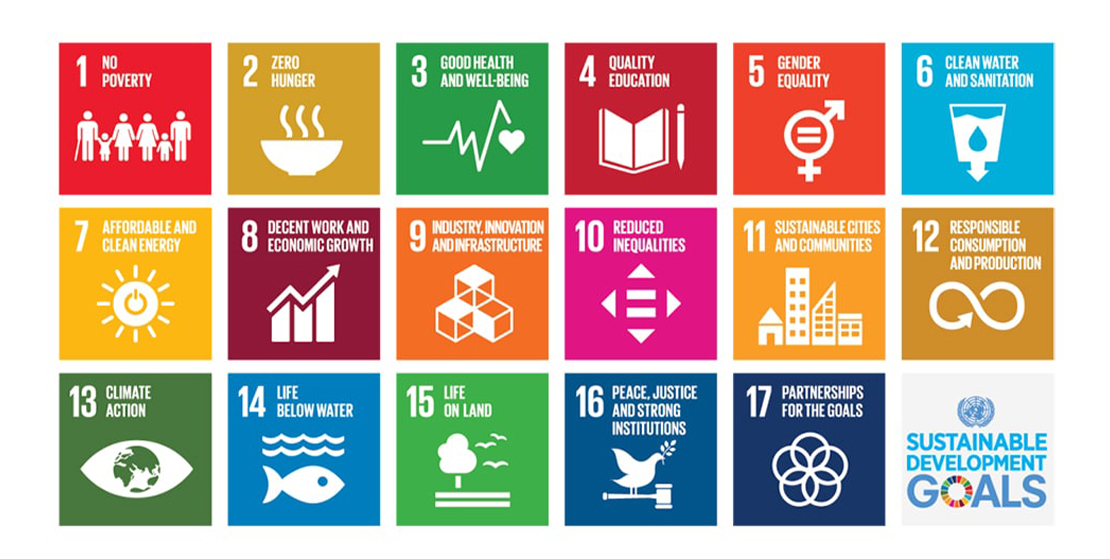
Sustainability in BHOS

BHOS aims to integrate Sustainable Development Goals into its academic, research and operational activities. BHOS released its first sustainability report in 2018 which encorporates quantitative and qualitative indicators since the establishment of the university.
GRI standards were taken as a basis during the preparation of the report and consolidation of the data generated within different departments and structures of the University. The report has been written in compliance with the “Core” option of GRI Standards. The information and indicators disclosed in this report have been externally assured by EY.
BHOS commits to release bi-annual reports showing its commitment to sustainable development of the society.
In our ongoing commitment to promoting sustainability, Baku Higher Oil School (BHOS) has conducted a comprehensive assessment of sustainability literacy among our students. The Sustainability Literacy Report, featured in this annual report, presents the findings from a questionnaire designed to evaluate both theoretical knowledge and practical applications of sustainability principles across all bachelor programs. The insights gathered will inform our strategic roadmap, guiding efforts to enhance sustainability education and equip our students with the critical skills necessary for driving sustainable practices in their future careers. Through these initiatives, BHOS continues to prepare future leaders to meet the challenges of a rapidly changing world.
Sustainability literacy report 2023
Green House Gas emission report
BHOS is monitoring emissions annually to track environmental impact and drive sustainable practices. This annual monitoring initiative allows us to track our environmental footprint and make informed decisions towards sustainable practices, ensuring a greener future for all.
Renewable energy generation on Campus
Baku Higher Oil School has made commendable progress regarding the production of renewable energy, contributing to its commitment to sustainability and environmental stewardship. The university's efforts align with global initiatives to combat climate change, and the energy-efficient practices that the campus possesses demonstrate its dedication to fostering more sustainable campus community. Currently there are 2 solar panels, which are installed in a laboratory room, each of which has an output power of 250 watts. Conclusively, training, seminars, and continued investment in renewable energy technologies will further solidify Baku Higher Oil School's position as a leader in sustainable higher education.
Carbon Reduction Target
We are excited to announce a significant step forward in BHOS's sustainability journey. As part of our ongoing commitment to environmental responsibility, we have set an ambitious target to reduce our greenhouse gas emissions by 30% by 2030 and achieving net-zero carbon emissions by 2050. We are dedicated to integrating robust CO₂ mitigation strategies into our operations and academic programs. Our approach includes enhancing energy efficiency, investing in renewable energy sources, and fostering innovation in carbon capture and storage technologies. We aim to build a culture of sustainability among our students and staff, ensuring that our environmental impact is minimized across all activities. By prioritizing sustainable practices and fostering partnerships with global leaders in green technology, BHOS is on a path to a cleaner, more sustainable future, setting a benchmark for educational institutions worldwide.
